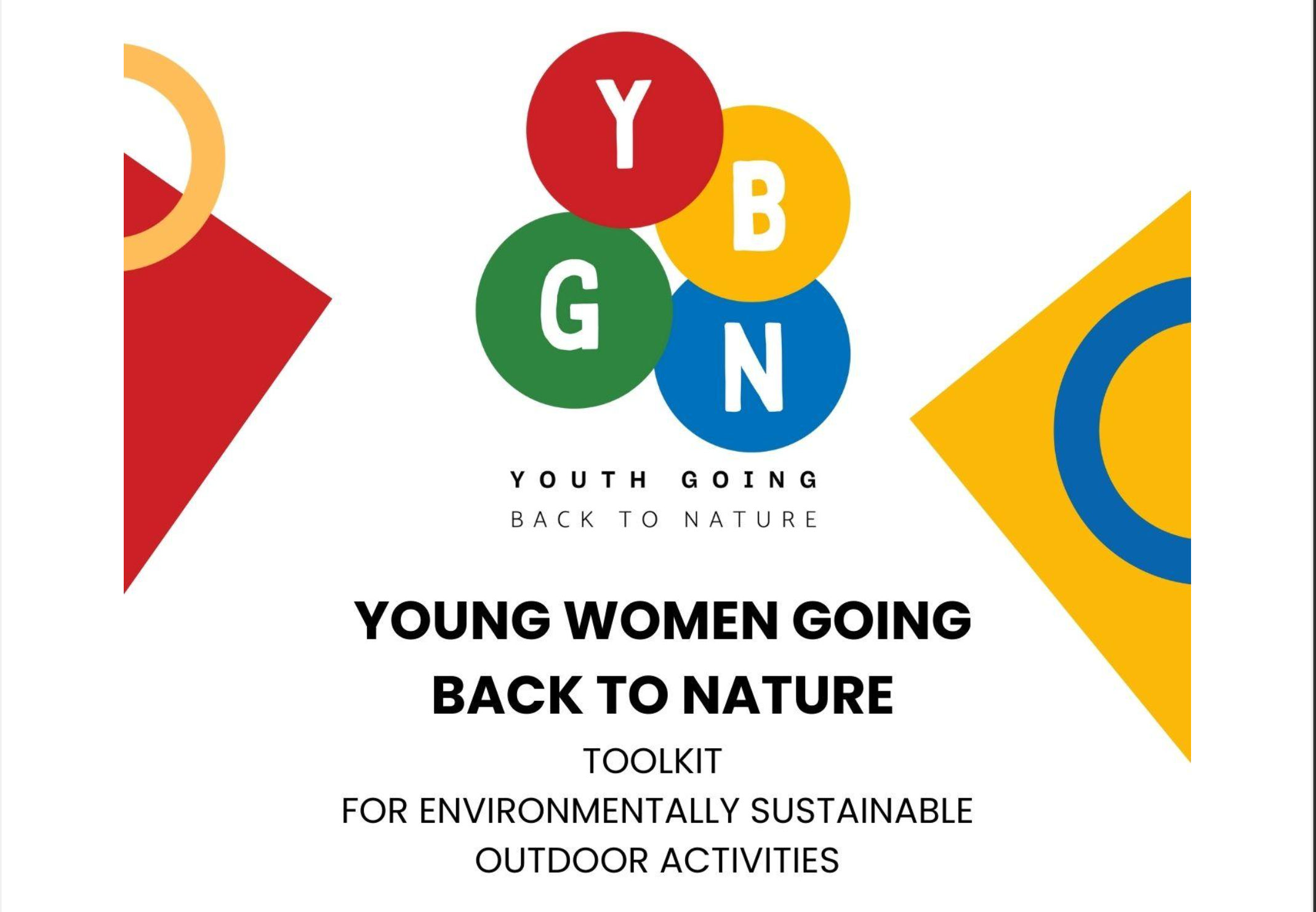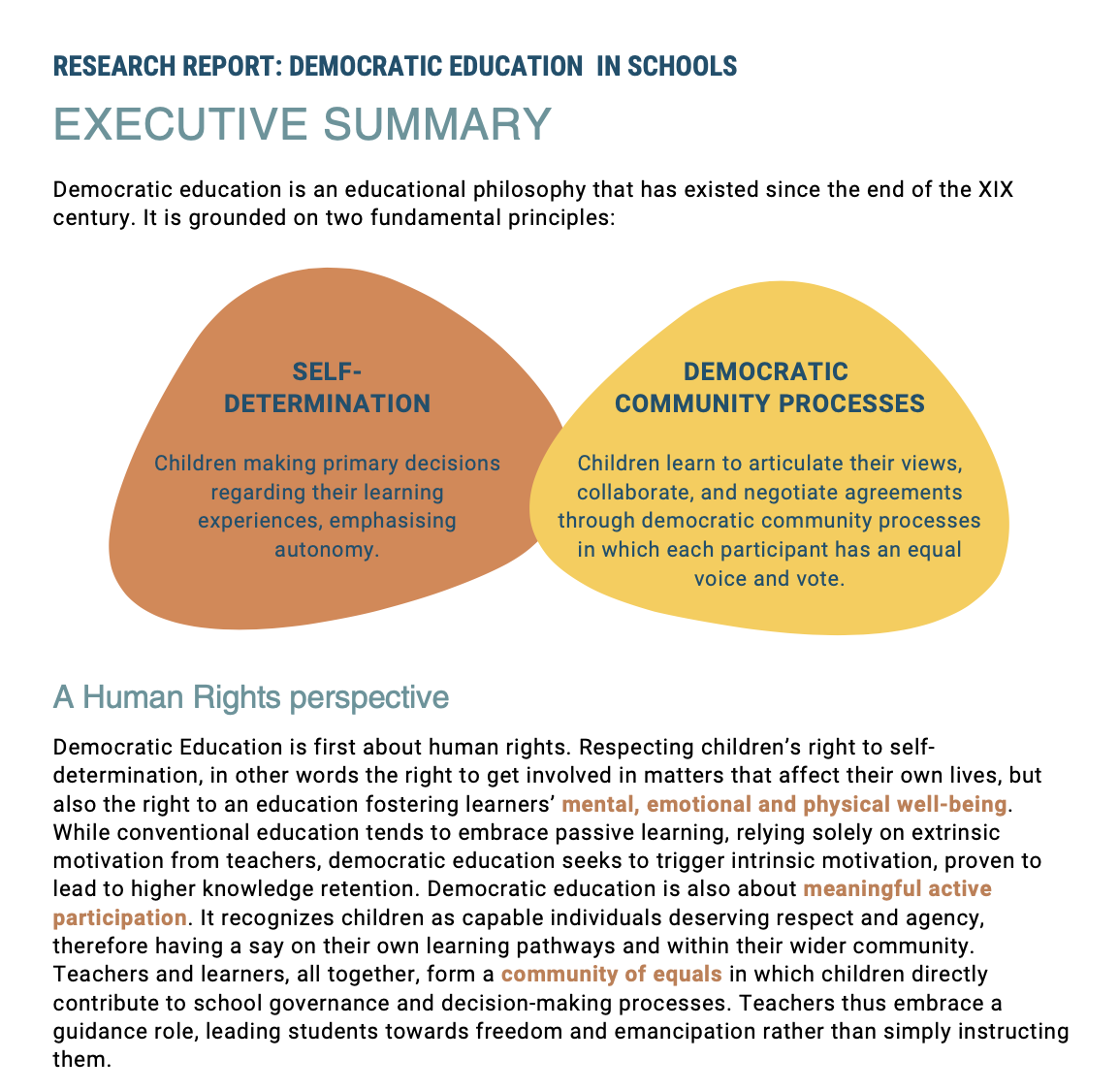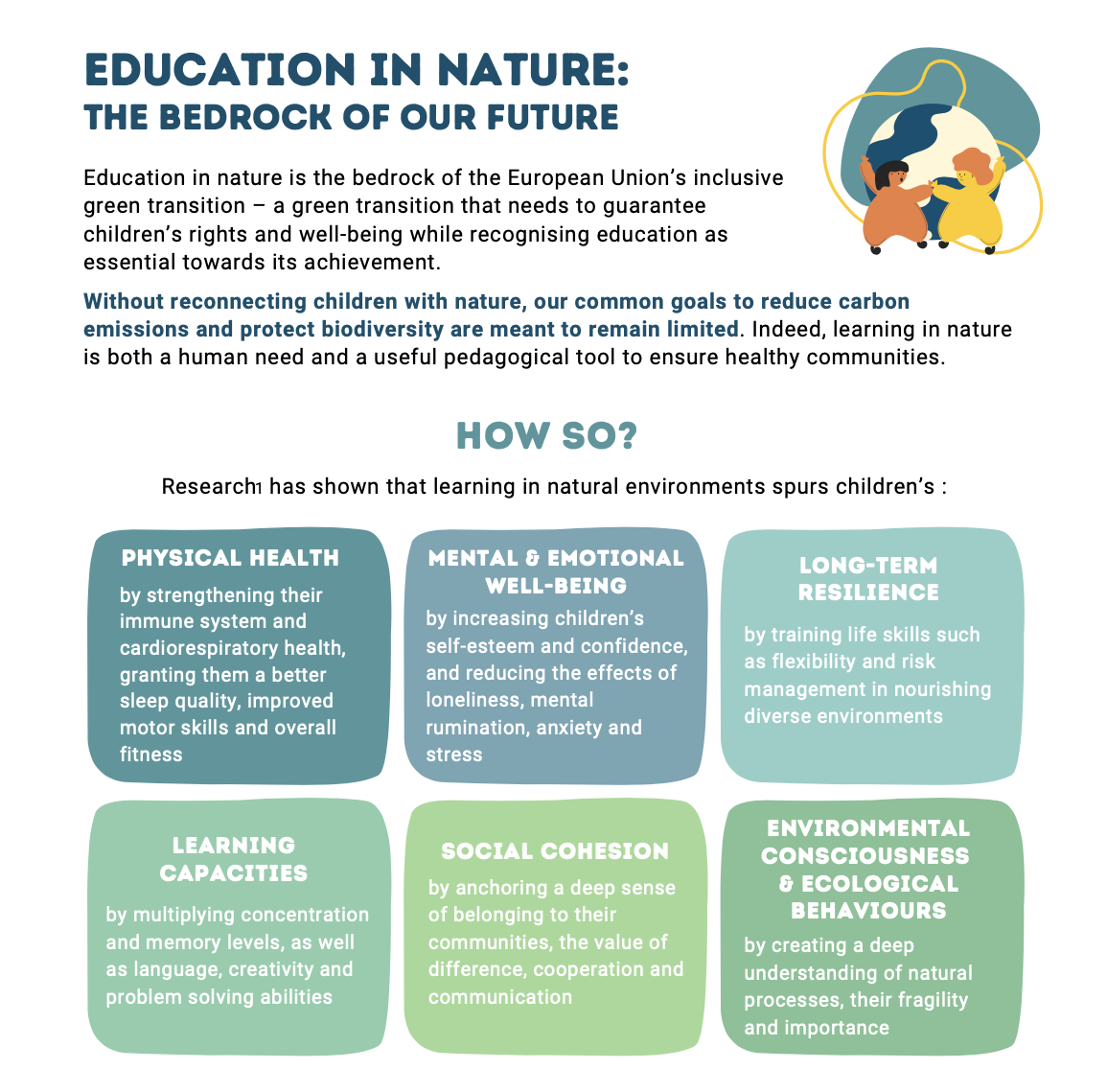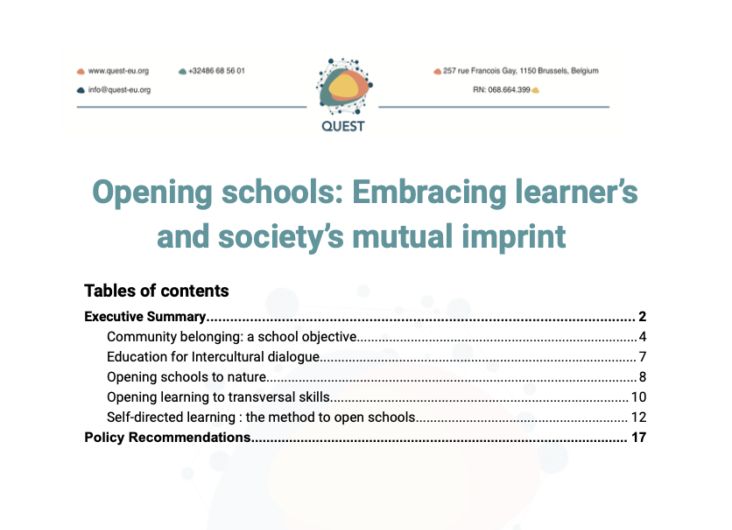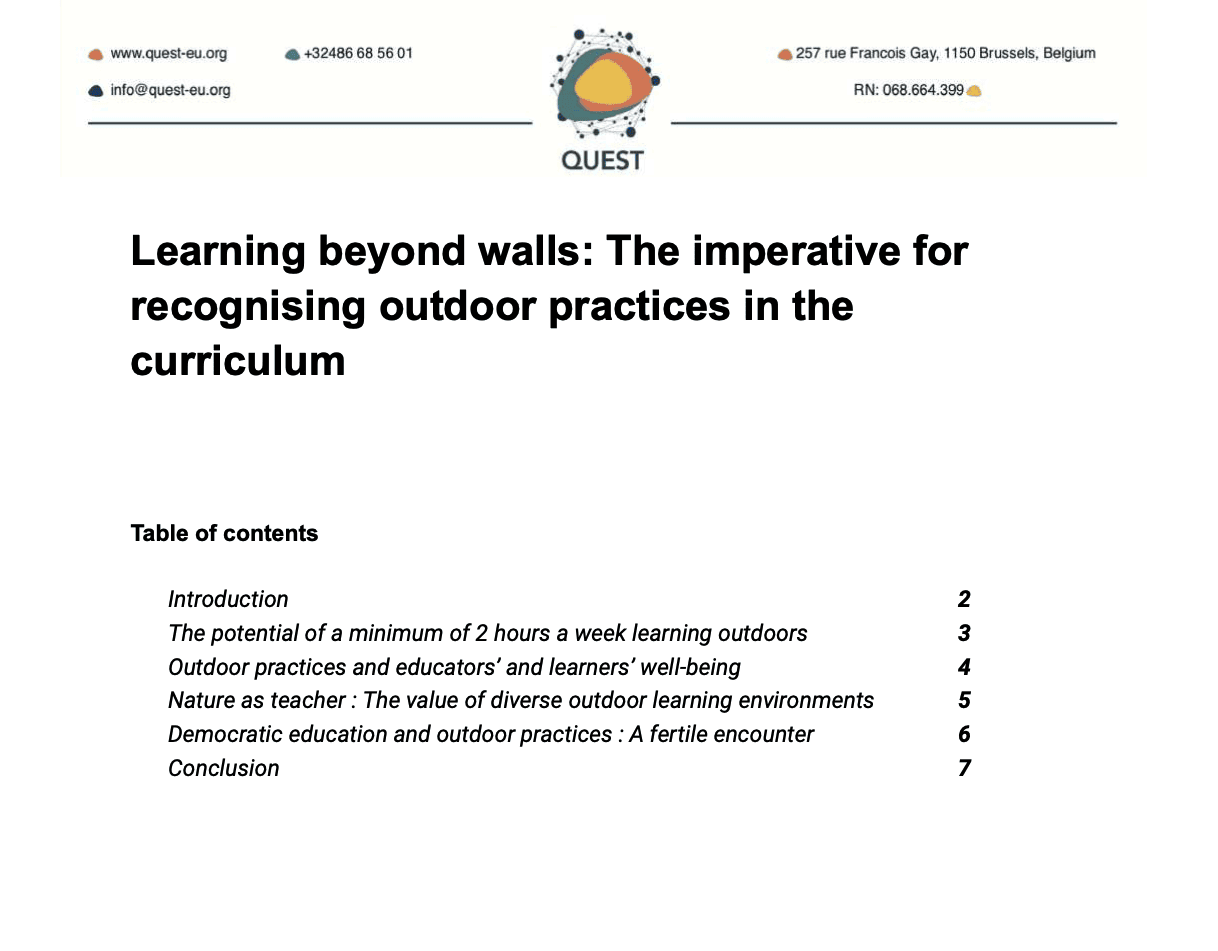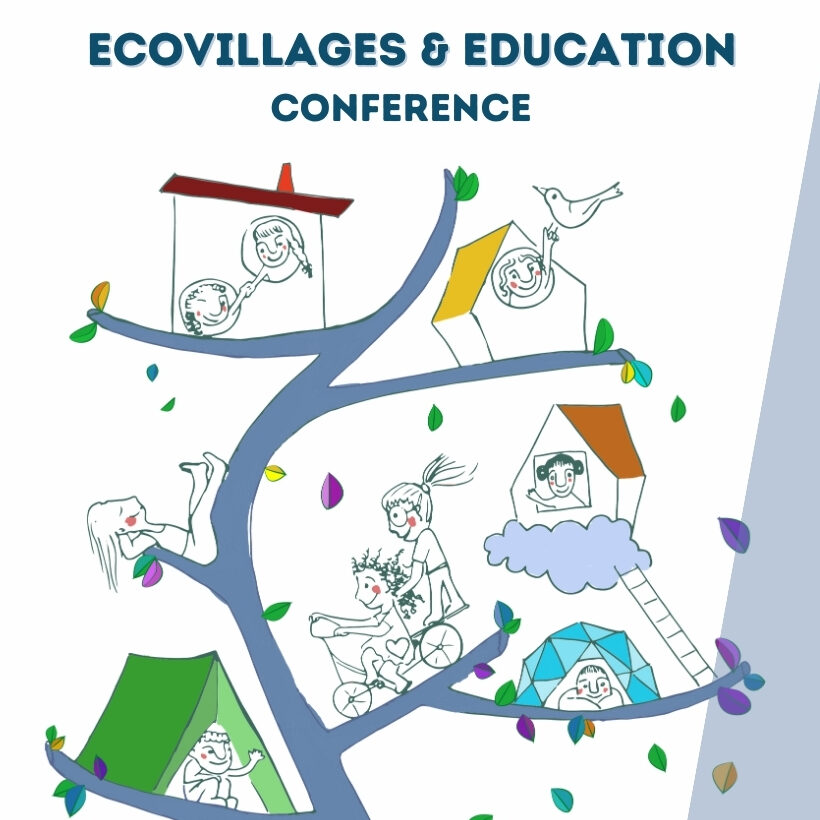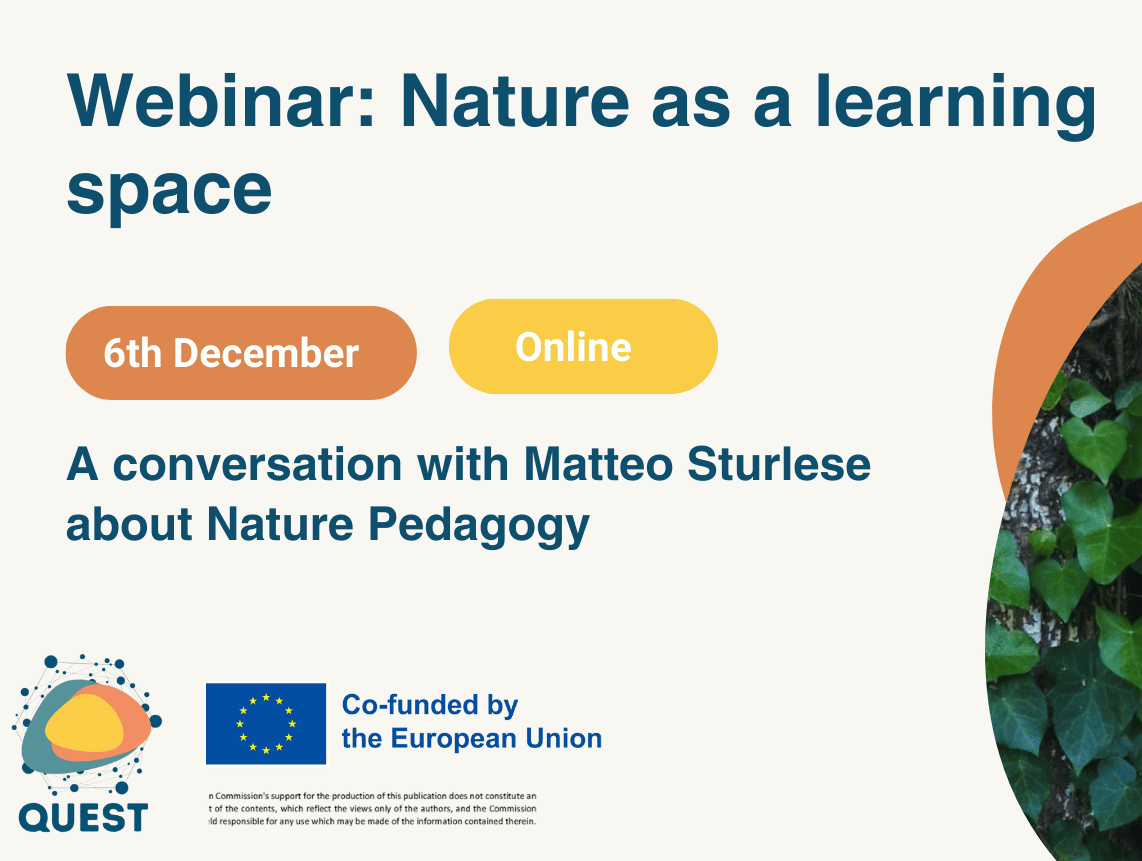areas of work
SUSTAINABLE EDUCATION
An Education with, about, and for the Environment
It is crucial today to move beyond passive learning and advocate for educational approaches that not only take place within dynamic, alive learning environments, but also actively engage with them. Environmental education should be accessible, context-based, embracing complexity, and rooted in inter-generational solidarity and social justice principles.
Open & Outdoor education
Learning outdoors it’s a catalyst for health, creativity, and ecological belonging. Yet EU schools remain locked indoors: 65% of primary teachers report less than 1 hour of daily outdoor playtime (12% say under 30 minutes). Meanwhile, research shows 2+ hours outdoors boosts well-being, social skills, and environmental stewardship.
We advocate for nature-rich learning (encompassing not only wilderness but a diversity of landscapes and communities that inhabit them) to allow children and youth to have hands-on connections with the ecosystems we are a part of and rely on.
Participation and Democratic Education in Nature
At QUEST, we believe in pedagogies that allow children and young people to meaningfully participate in decision-making and in shaping their learning. For some, it has become crucial for this process to include ethical, strategic, and emotional skills to address ecological issues, foster healthy relationships between people and the living world, and empower all ages to participate in solutions and imagine alternative systems for personal and planetary well-being.
Indeed, in 2019, 41% of 15-30 year-olds considered that the schooling system did not provide them with the adequate tools to understand and tackle climate change and other ecological challenges.
This requires more funding and curriculum flexibility to allow educators to follow training in order to meet the needs of environmental education with children and youth. It also calls for structural, legal adjustments essential for moving the classrooms outdoors and supporting open schooling approaches.
Uphold children’s rights to a healthy living and learning environment, by integrating regenerative ecological principles into education, and fostering children and youth participation in sustainability and environmental stewardship
FURTHER RESOURCES

